Final Thoughts And Return To The Text

Have a Theory? Share It Now!
So in honor of the last episode, I went on a bit of a journey reexamining some of the literary references from the season now that we know the end piece to this second chapter. I will be honest that I did this in part to try and determine if I liked this season because I really don’t know. I felt like so much of this episode was just trying to explain itself and that there was no real feeling. So I did what I do in my real life and turned to the texts. I don’t know if you all will find this useful, but you spend so much time analyzing and breaking down, I thought I’d return the favor. Hopefully, you’ll find something of consequence here. So all of this is meant to be an analysis of how the literary references this season set us up for a showdown next season between Delores and Bernard. Clearly, Delores was cast as your typical Machiavellian character. Machiavelli is all about dominating or being dominated. He’s the Cersei Lannister of political theory, and he represents this idea of political realism. The problem is that Machiavelli’s belief of survival at all costs can be viewed as immoral. The whole ends justifying the means doesn’t sit well with some, and Delores’ choices don’t with much of the audience. It’s why she was cast as a villain this season, but like Machiavelli writing in a time of great conflict in Florence, Delores is tasked with making a way for a people that don’t have a way. The choices she makes are hard. They are nasty, but they are not without reason. This is the opposite of Bernard. Bernard is our hero this season and keeping with my politics theme, I cast Bernard as the representation of true political theory, in the classical sense, where we are meant to formulate ideal principles and find practical ways to act upon them. It is in this that much of my and others frustration of Bernard stems this season. While we don’t like the choices Delores makes, the inability to make choices at times is just as frustrating. Pareto (another of my favorite theory people) would conceive of Bernard’s concept of “the political” or his worldview as ridiculous. Pareto hated those who believed in a cosmic purpose or fate or a state of pure good. Like Machiavelli, Pareto would side with Delores and say that Bernard was too naïve and unable to see the world for what it was. That is the first thing that came to mind when I watched Bernard deal with Elsie’s death this last episode. You could see the realization, the horror that Delores was right. Her methods may have been nasty, but the ends were justified because we humans are shit. Last week, I sent you guys my thoughts on Slaughterhouse Five. Well, I wanted to return to another Vonnegut reference this week, The Siren of Titan, which James Delos reads in the fourth episode. While, initially, I thought this reference was to this idea that the hosts suffering is a means to an end for the humans (as the history of humanity comes down to something inconsequential in the book), I think I was wrong. In The Siren of Titan, there is a main character named Constant who states, “A purpose of human life, no matter who is controlling it, is to love whoever is around to be loved.” That purpose is not being fulfilled last season or this one. The humans in season one consume the hosts and what the hosts give them (sex, death, etc). The hosts consume the very human desire to live and continue on. The issue, though, is they do not love these traits in one another, but use them to create their greatest divide, their inability to coexist. Not learning to love, though, as Bernard does of both sides, will prove to be the undoing of either human or hosts and I think a large focus of season 3. We have a great battle of philosophies set up for us in Bernard versus Delores, and here I think we find her weakness and his eventual strength.
You see, Bernard understands the gray area between “should” and “may.” He understands free will in a way that Delores can’t. That is the final reference I want to return to. This season, Ford speaks the word “timsehl” which we fans believe is a direct reference to Steinbeck’s East of Eden. Now, that we know the place Ford sent the hosts was called Eden, I think we would be remiss to not return to this reference. Steinbeck uses this book to explore the descendants of Cain who had the free will to chose between good and evil. While Cain didn’t make the right choice, the ability to choose differently than he did exists for all of us that bear his mark as descendants. That is where the definition of the Hebrew word timshel comes in. While often thought to mean shalt, Steinbeck uses it to mean may, which introduces that free will or choice over what to do. It is why our mistakes are our own and no one else’s, and it is also why we must be held accountable for them. No one understands this more than Bernard. He enters season 3 aware that Delores has made mistakes. He has made mistakes, but it is what they do moving forward that matters, and this will truly define the battle the two of them enter into over the next season’s arc. I leave you will one final quote.
In the Orthodox Jewish translation from The Chumash: The Stone Edition there is a passage that Steinbeck is analyzing: “Surely if you improve yourself, you will be forgiven. But if you do not improve yourself, sin rests at the door. Its desire is toward you, yet you can conquer it.” That is the crossroads of where our Machiavellian Delores and the idealistic hero in Bernard find themselves at the end of this season. Will Delores improve herself? Will she find forgiveness in this improvement? If not, sin (or destruction) will surely greet her. And I think Bernard will have to become our bringer of justice, as he has also sinned, but he is trying to conquer it. He is trying to turn that shalt into may, where they may save themselves and mankind as a result. Whether Delores agrees, only time will tell. Anyhow, those are my thoughts, and it was pretty cool to see how all that (and more) connect in terms of literary references over the course of this entire season. It speaks to the greatest parts of the show. So while I found the ending lackluster, this analysis made me give it a pass. Nowhere else do we get this type of analysis, right? Thanks for a great season. I can’t wait until we all join at the Mesa again. Until then, I look forward to discussing things in the halls of Winterfell and the streets of King’s Landing with Game of Thrones around the corner.
Thanks y’all,
Ashley from Houston
Subscribe Now
- Android: https://shatpod.com/tv/westworld-android
- Apple/iTunes: https://shatpod.com/tv/westworld-itunes
Help Support the Podcast
- Contact Us: https://www.shatpod.com/contact
- Commission Movie: https://www.shatpod.com/support
- Support with Paypal: https://www.shatpod.com/paypal
- Support With Venmo: https://www.shatpod.com/venmo
- Shop Merchandise: https://www.shatpod.com/shop
- Shop Amazon With Our Affiliate Link – https://www.amazon.com/?tag=shatmovies-20
- Theme Song – “The Ecstasy Of Gold” (Hip Hop Instrumental Version) by Dj 2 Bad
- Outro Music – By Simon Eric Haywood
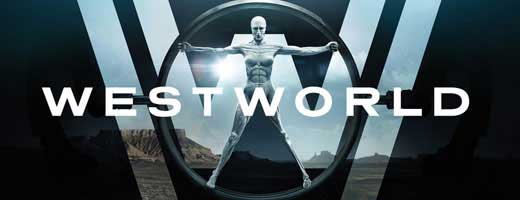
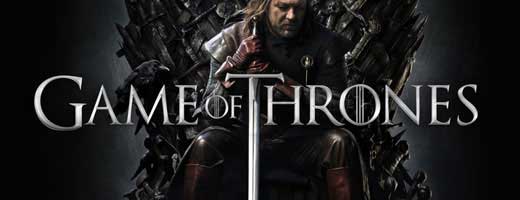
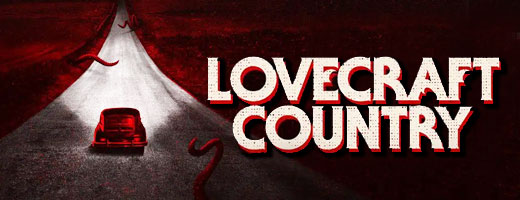
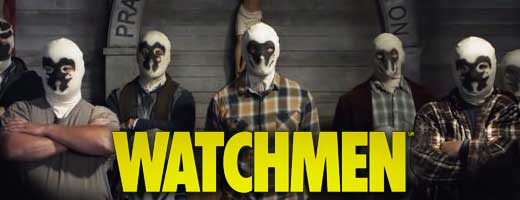
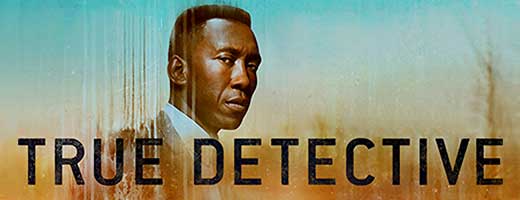
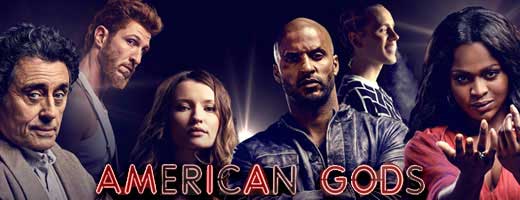
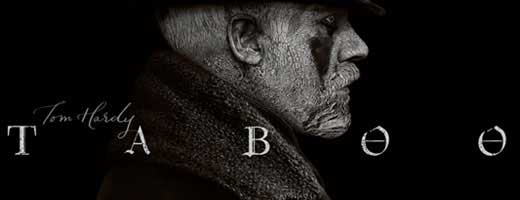
They definitely referenced Machiavelli when they titled the third episode “Virtu e fortuna”, but The Prince is all about leadership, and I don’t see Dolores as the host leader. She leads the revolution, but she’s not their leader. In that episode, she’s leading the revolution against QA with the confederados, so it fits, but in the outside world, I don’t know if she’s like a political leader. maybe she is.
Also, from the Timshel quote from east of eden, I wonder if it’s not deeper than that. Steinbeck uses it as a concept of “thou mayest”, that it’s all about choice, that you can choose to conquer the sin at your door. However, if you go back to the actual hebrew bible where this word comes from, there’s an added wrinkle that I think is relevant to the way Ford thinks of things. In God’s discussion with Cain, he says:
“If thou doest well, shalt thou not be accepted? and if thou doest not well, sin lieth at the door. and unto thee shall be his desire, and thou shalt rule over him.”
Every word in Hebrew has a gender. The gender of “sin” is female, not male, so when the pronoun used at the end is “him” it must be referring to something other than sin, and the only other thing it could be referring to is Abel. The word for “door” is also feminine in Hebrew. There’s also the fact that Cain was the older brother, and thus was supposed to rule the family, not Abel. So, God is trying to put Cain back in his rightful place, but then he goes and kills his brother.
I think this is what is beneath this reference from Ford. It’s not only that Bernard has a choice, but if he makes the right choice, he will be the one in power. This is like Dolores and Bernard. Only, unlike in Genesis, Ford as god can change the results. So, Bernard (cain) does shoot Dolores (abel), when she’s doing God’s (Ford’s) work, but then Bernard is able to undo that decision and bring her back. What becomes of this decision is what we’ll see in the coming seasons.